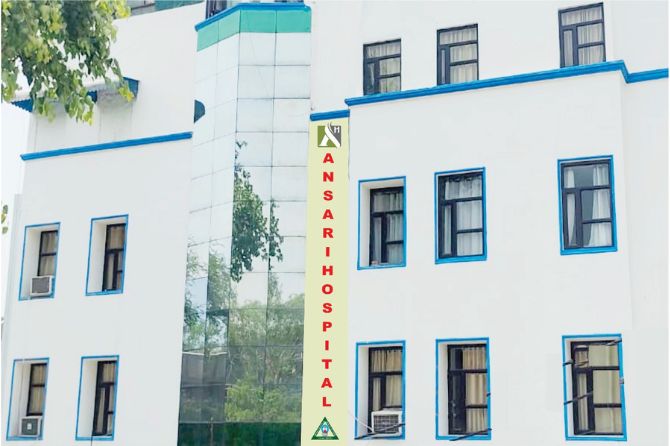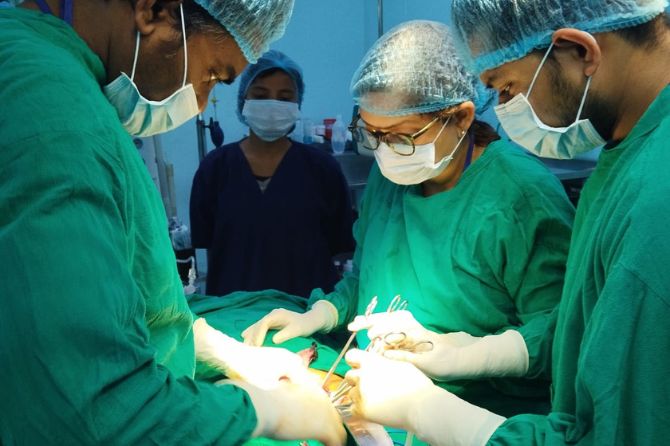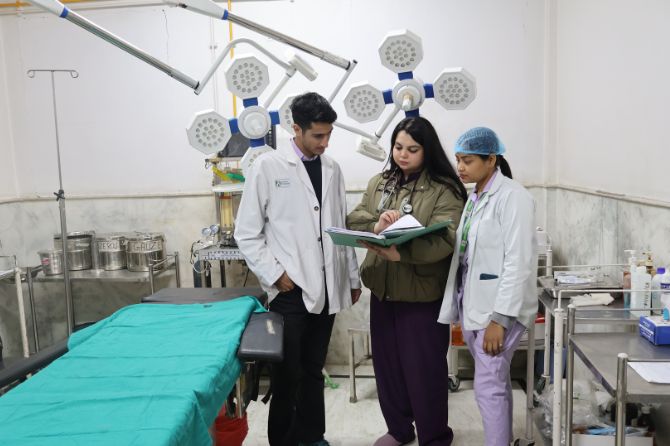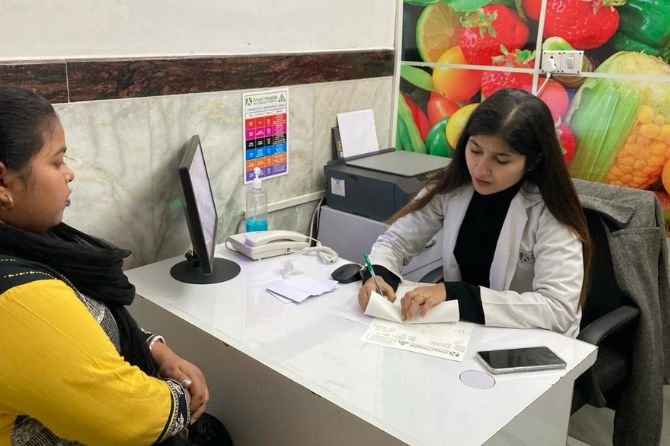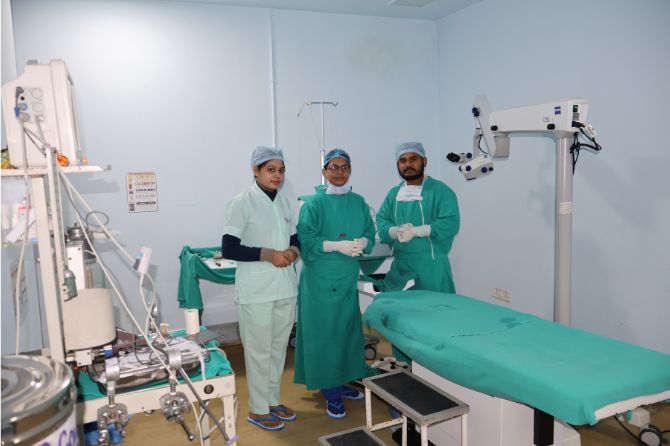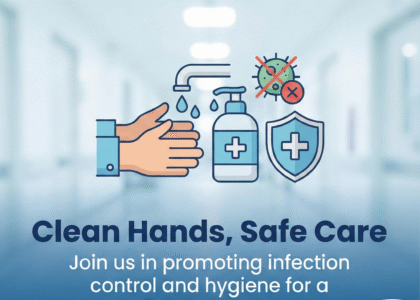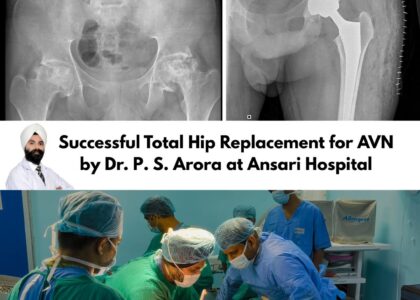Fatty liver disease, or hepatic steatosis, is an increasingly common condition where excess fat builds up in the liver. While genetics, lifestyle, and other medical conditions play a role, diet is often a major contributing factor. At Ansari Hospital, we believe that awareness and early intervention are key to maintaining liver health. Let’s explore how your diet may be affecting your liver and what you can do about it.
What is Fatty Liver Disease?
Fatty liver disease can be classified into two main types:
Alcoholic Fatty Liver Disease (AFLD): Caused by excessive alcohol consumption.
Non-Alcoholic Fatty Liver Disease (NAFLD): Unrelated to alcohol and often linked to poor dietary habits, obesity, and metabolic disorders like diabetes.
Left untreated, both types can progress to more severe liver conditions, such as inflammation (steatohepatitis), fibrosis, or even cirrhosis.
Is Your Diet the Culprit?
Your liver plays a critical role in metabolizing nutrients and detoxifying the body. However, certain dietary habits can overwhelm the liver, leading to fat accumulation. Here’s how:
Excess Sugar
Diets high in sugar, especially fructose found in sugary drinks and processed foods, can lead to fat buildup in the liver. Over time, this impairs liver function.
Unhealthy Fats
Saturated and trans fats found in fried foods, fast food, and packaged snacks are particularly harmful. They contribute to liver fat and increase the risk of inflammation.
Overeating
Consuming more calories than your body needs—regardless of the source—can lead to fat storage, including in the liver.
Refined Carbohydrates
Foods like white bread, white rice, and sugary cereals spike blood sugar levels, promoting insulin resistance—a key factor in NAFLD.
Low Fiber Intake
A lack of dietary fiber from fruits, vegetables, and whole grains can worsen metabolic health and contribute to liver fat.
Warning Signs of Fatty Liver Disease
In its early stages, fatty liver disease may not cause noticeable symptoms. However, as it progresses, you might experience:
Persistent fatigue
Unexplained weight loss
Discomfort or pain in the upper right abdomen
Jaundice (in severe cases)
If you notice any of these symptoms, consult a healthcare provider at Ansari Hospital for diagnosis and treatment.
How to Protect Your Liver
At Ansari Hospital, we recommend these steps to maintain liver health:
Adopt a Liver-Friendly Diet
Include fresh fruits, vegetables, whole grains, lean proteins, and healthy fats.
Avoid processed foods, sugary beverages, and high-fat snacks.
Maintain a Healthy Weight
Losing even 5-10% of your body weight can significantly reduce liver fat.
Exercise Regularly
Aim for at least 30 minutes of moderate exercise, such as brisk walking or cycling, most days of the week.
Limit Alcohol Consumption
Even small amounts of alcohol can worsen liver conditions, so it’s best to minimize intake.
Stay Hydrated
Drinking plenty of water supports your liver’s detoxification processes.
Why Choose Ansari Hospital for Liver Health?
At Ansari Hospital, we offer comprehensive diagnostic and treatment options for fatty liver disease. Our expert team of gastroenterologists, dietitians, and hepatologists work together to provide personalized care plans that address your unique needs.
We believe prevention is better than cure. By educating our community on the importance of a healthy diet and lifestyle, we aim to reduce the prevalence of fatty liver disease and promote better overall health.
Conclusion
Your diet plays a crucial role in maintaining liver health. Small, consistent changes can prevent or even reverse fatty liver disease in its early stages. If you’re concerned about your liver health, don’t wait. Schedule a consultation at Ansari Hospital today and take the first step toward a healthier future.
Your liver works hard for you—return the favor by making healthier choices today!



